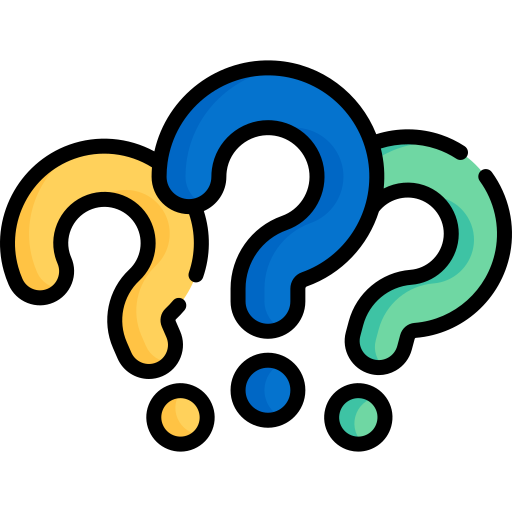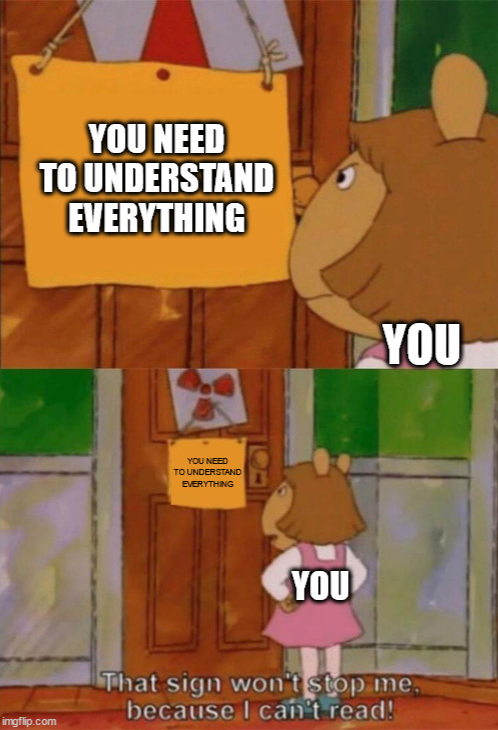Sak pase? (What's up?)
 Photo by Bailey Torres on Unsplash
Photo by Bailey Torres on UnsplashIf you said, "N'ap boule!" ("We're good!" or "I'm fine!") you're one step closer to becoming a pro at using Haitian Creole.
Haitian Creole is such a beautiful language with a vast history and insightful origin story. There are a few simple tips that will make learning Haitian Creole a smooth process.
An ale! (Let's go!)
Tip #1: Gather resources

Finding resources for Haitian Creole is one of the hardest parts of getting started. Unlike other popular languages like Spanish, French, or German, Haitian Creole suffers from resources not being readily available.
Be ready to use anything you can get your hands on. Pamphlets, children's book, or radio stations. Use them all.
Here are some resources to get you started.

Online bookstores
EducaVision
Jebca Editions
News channels
Web-based resources
YouTube channels
Apps
Podcasts/Audio
Kiskeya (radio)
Pimsleur
Tip #2: Be creative

Remember that Haitian Creole is a language that isn't as visible as others yet.
You probably won't come across YouTube channels or books without diving deep, but that's why you get creative!
Want to find more online content in Haitian Creole? Try searching for what you want in Haitian Creole instead of your native language. Be specific for better results.
 Do you want...
Do you want...
Short stories?
Podcasts on education?
Articles about technology?
 Search...
Search...
Ti istwa kreyòl ayisyen
Podkas sou edikasyon
Atik sou teknoloji
Quiz
Robert wants to find articles that talk about Haitian Creole linguistics written in Haitian Creole. What's the best phrase to use for his search?
Tip #3: You don't need to understand everything

Haitian Creole is a language with variety. There are many idioms and region-specific words, and you'll most likely come across something you don't understand.
That's okay!
Remember: If you can't understand every single word but can get the general idea of what was said, that's a win.
Writing in Haitian Creole also varies. Some natives spell words slightly different or you may even hear two or three different words with a slight letter change that all have the same meaning.

A little confused? Look at these words:
wouge and rouge = red
kwit and kuit = to cook
èfolè, jèfolè, and zèfolè = custard
ansèt and zansèt = ancestor
kiyè, kouyè, and kwiyè = spoon
With that in mind, the next tip is to...
Tip #4: Get a dictionary

A dictionary is like winning the lottery for Haitian Creole. While there aren't many available in stores, you can search online.
One dictionary I recommend is the Haitian-English Dictionary by Bryant C. Freeman. Any edition is fine to use, but the latest edition may be more up-to-date.
Freeman's dictionary is expansive! Remember how Haitian Creole has a lot of idioms? This dictionary contains definitions for single words and idioms.
The University of Kansas has an online institutional repository where they have PDFs of the dictionary's 2011 version.
Tip #5: Start with basic phrases

Phrases are a great way to get started. Don't know which ones to use or where to start? Here are some basic phrases to get a taste of Haitian Creole!

Welcome - Byenvenu, Byenveni
Good morning - Bonjou, Bon maten
Hello - Bonjou
I'm fine - Mwen byen, N'ap boule
My name is... - Mwen rele...
I'm from... - Mwen sòti...
Yes - Wi
Please - Souple, S'il vous plaît
Pleased to meet you - Anchante
Good night - Bonswa, Bònn nui
How are you? - Koman ou ye?
What's your name? - Koman ou rele?
Where are you from? - Ki kote ou sòti?
Do you speak...? - Eske ou pale...?
No - Non
Goodbye - Orevwa, Babay
Take Action

Mezami! (Wow!) Getting started on learning Haitian Creole can seem like a big task, but by following these tips, you're one step closer to becoming proficient:
Your feedback matters to us.
This Byte helped me better understand the topic.
